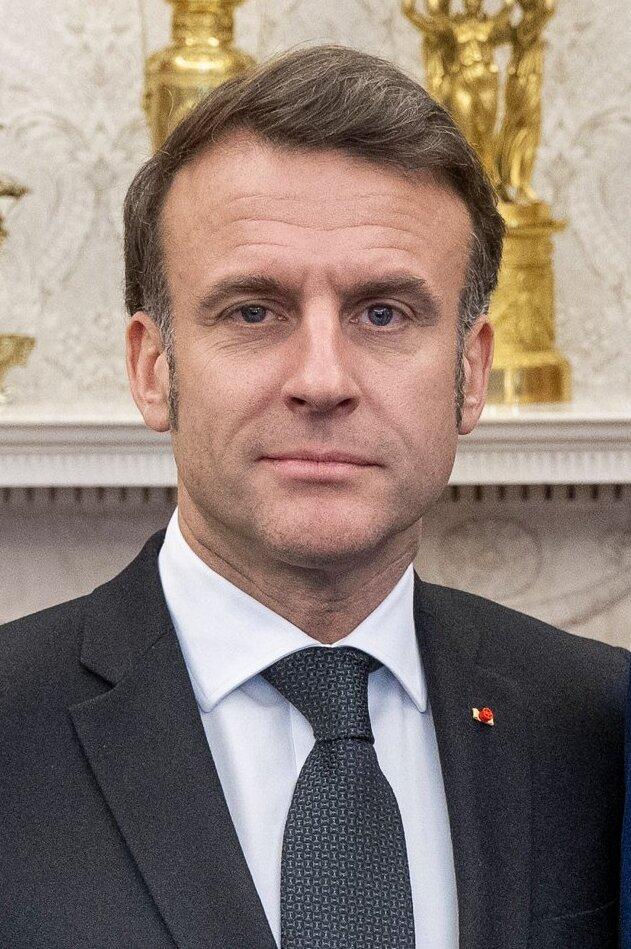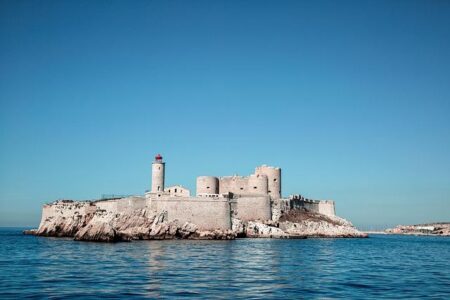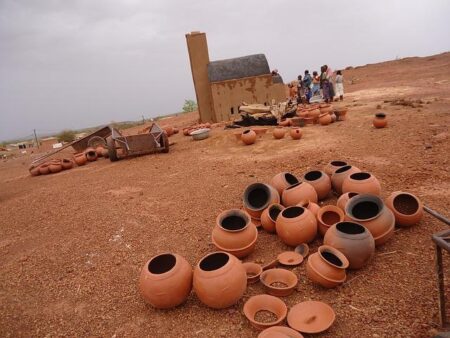In a rapidly shifting geopolitical landscape, French President Emmanuel Macron is strategically positioning himself back into the center of the political arena. With international tensions on the rise, Macron has seized the opportunity to reinforce his leadership role both domestically and abroad. As his administration grapples with the complexities of global crises‚ÄĒfrom economic instability to security concerns‚ÄĒMacron’s revival comes at a critical juncture, promising to reshape France’s influence on the world stage. This article explores how the current international situation is being harnessed by Macron to reclaim his prominence in French politics, highlighting both the challenges and strategies that lie ahead.
International Crisis as a Catalyst for Macron’s Political Revival
In recent weeks, the escalating international crisis has significantly altered the political landscape in France, serving as an unlikely platform for President Emmanuel Macron’s rejuvenation. His proactive stance on global issues, particularly concerning energy security and diplomatic relations, has allowed him to reassert his leadership at a time when domestic challenges were making his position increasingly precarious. By addressing these multifaceted crises‚ÄĒsuch as the geopolitical tensions in Eastern Europe and energy shortages stemming from global supply chain disruptions‚ÄĒMacron has adeptly positioned himself as not just a national leader but a significant player on the world stage.
This resurgence is characterized by several key initiatives:
- Enhanced Diplomatic Engagement: Macron has ramped up efforts in international forums, showcasing France’s commitment to collective security and unity within the EU.
- Energy Policy Reforms: In response to the crisis, he advocated for a transition towards sustainable energy sources, aiming to reduce dependency on imported fossil fuels.
- Public Communication Strategy: He has effectively utilized media engagements and public addresses to communicate a clear vision, fostering a sense of stability in turbulent times.
| Key Initiatives | Impact |
|---|---|
| Diplomatic Engagement | Strengthened France’s position in international negotiations. |
| Energy Policy Reforms | Enhanced national energy security and sustainability. |
| Public Communication | Improved public trust and confidence in leadership. |
Strategic Communication: How Macron is Leveraging Global Events
In the wake of escalating global tensions, Emmanuel Macron is strategically positioning himself as a key player on the international stage, aiming to re-establish his relevance in French politics. By engaging in high-level diplomatic discussions and addressing critical issues such as climate change, energy security, and geopolitical conflicts, Macron is crafting a narrative that resonates domestically. His recent initiatives include:
- Hosting International Summits: Macron is utilizing major global events to showcase France as a diplomatic hub.
- Addressing Climate Commitments: He emphasizes France’s leadership in sustainable practices, rallying support from both citizens and international partners.
- Securing Energy Deals: He has actively sought partnerships to ensure energy stability amidst the ongoing crisis.
As Macron leverages these global dynamics, he also navigates internal pressures from opposition parties. His administration has faced criticism regarding economic policies and domestic unrest, leading him to pivot strategically. Key moves include:
| Domestic Issues | Strategic Responses |
|---|---|
| High inflation rates | Promising economic relief packages |
| Public dissent | Engaging in dialogue with unions and advocacy groups |
| Youth disillusionment | Investing in education and job programs |
By intertwining global developments with national narratives, Macron is not just seizing the moment; he is crafting a comprehensive strategy that seeks to unify and galvanize support at home, all while reaffirming France’s position on the world stage.
Domestic Reactions: Balancing Support and Opposition in a Divided France
As President Emmanuel Macron navigates the current international upheavals, he finds himself at a crossroads of public sentiment within France. His administration’s response to these global challenges has elicited a mixed bag of reactions, underscoring a nation deeply polarized. Supporters argue that Macron’s proactive stance reinforces France’s role on the world stage and enhances national security. They emphasize that strategic collaboration with allies can lead to economic growth and stability, as illustrated in several recent speeches where Macron has called for unity against threats both external and internal.
Conversely, a growing faction of dissenters perceives his approach as an opportunistic maneuver to divert attention from domestic issues such as rising living costs and social unrest. Critics raise concerns about the legitimacy of Macron’s leadership amid ongoing strikes and protests, highlighting that public trust has waned significantly. The urgency of addressing inequality and public services has become a rallying cry for opposition voices, suggesting that Macron‚Äôs international focus might be masking deeper societal fractures. These contrasting sentiments expose the fragile balance the French government must maintain in addressing both international priorities and domestic necessities.
Future Outlook: Recommendations for Sustaining Political Momentum
To maintain the current political momentum, it is crucial for Macron to leverage the evolving international landscape in a way that resonates with the French populace. Engagement with key global partners can amplify France’s role on the world stage while simultaneously responding to domestic concerns. This involves prioritizing issues such as climate change, security, and economic stability. By doing so, Macron can foster public trust and encourage active participation in the political process. Essential steps include:
- Strengthening diplomatic ties with European allies to tackle shared challenges.
- Promoting transparency in government initiatives related to international policies.
- Enhancing public discourse to include diverse voices from various sectors of society.
Moreover, Macron’s government should capitalize on emerging opportunities by implementing strategic domestic policies that reflect global trends and align with citizens’ needs. This can be achieved through focused investment in technology and innovation aimed at creating jobs and improving quality of life. The following are recommended areas of focus:
| Focus Area | Action Item |
|---|---|
| Green Energy | Invest in renewable resources to reduce dependence on fossil fuels. |
| Digital Economy | Support start-ups and tech innovations through funding and infrastructure. |
| Social Welfare | Enhance social programs to address inequalities exacerbated by global crises. |
In Conclusion
In conclusion, Emmanuel Macron’s adept maneuvering within the shifting international landscape has positioned him as a central figure on the French political scene once again. As he navigates the complexities of global tensions and domestic expectations, the potential implications for his administration and France’s role on the world stage remain significant. As the country grapples with economic challenges and social unrest, Macron’s resurgence suggests a strategic recalibration aimed at reinforcing his leadership and addressing pressing issues. With upcoming elections on the horizon, all eyes will be on how he balances these domestic challenges with his international agenda. The coming months will undoubtedly shape the future of both Macron’s presidency and France’s political landscape.




